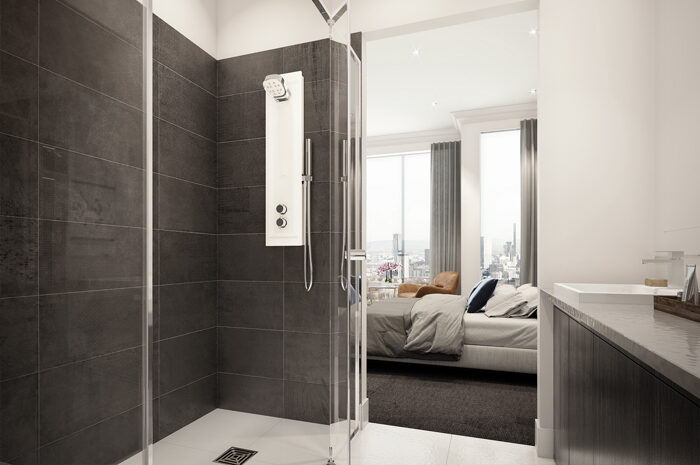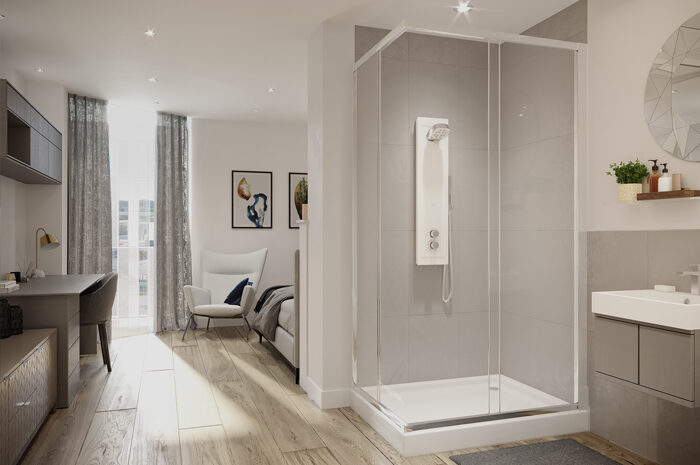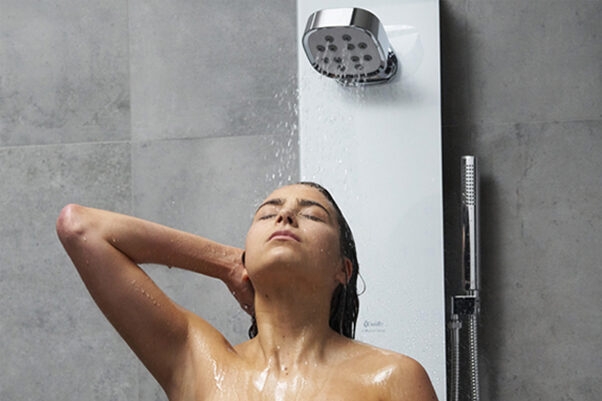About Energy Saving Trust
Energy Saving Trust is a British independent organisation devoted to promoting energy efficiency, energy conservation, and the sustainable use of energy, thereby reducing carbon dioxide emissions and helping to prevent man-made climate change.
With a reach of over one million customers a year, the Energy Saving Trust has been a constant source of advice and support to householders, governments and businesses, as successive energy bills and global agreements, have reinforced the critical need for energy efficiency and carbon reduction.
Energy Saving Trust supports the UK in meeting 2050 carbon targets recommended by the Committee for Climate Change. This means significant changes to our homes, communities, cities and transport infrastructure. Part of our role in this change is to spread the energy-saving message locally and internationally.
Energy Saving Trust Case Study
A copy of this case study can be found on the Energy Saving Trust website.
Action
To ensure Kelda’s energy-saving claims are valid and its showers meet the high energy performance standards, Kelda requested product performance verification from Energy Saving Trust, based on submitted evidence, to provide quantitative statements of water, energy, financial and carbon savings from using the product.
These verified savings would help build assurance in Kelda’s product’s performance within the consumer market. Marketing claims were checked based on the energy performance, helping win consumer trust and highlight their commitment to sustainability.
“It is not only extremely important for manufacturers to design energy-efficient products, but they must ensure the technology savings can be demonstrated and verified to consumers. As an independent body Energy Saving Trust has decades of experience verifying results and claims, so when it comes to energy efficiency and energy savings it’s not just ‘Kelda Showers says this…’ it’s ‘Energy Saving Trust has verified this…’”
Paul Ravnbo-West, Marketing Director, Kelda Showers.



Challenge
Conventional ‘aerating’ showers use the Venturi principle to restrict flow and draw atmospheric air into the water through a small hole in the showerhead. In contrast, Kelda’s Air-Powered™ showers use a high-velocity air stream to reduce the flow rate, using less water and less energy to heat the hot water required compared to a standard shower, creating fewer carbon emissions.
The company’s showers have been tested in real-life environments to ensure they can withstand the pressures of high usage, comply with the water supply (water fittings) regulations, feature certified thermostatic mixing valves and meet all building regulations under the proposed Future Homes Standard.
Kelda Showers wanted to apply our technology to the consumer market and wished to gain further assurance and trust for this new market through independent verification.
Result
Energy Saving Trust assessed Kelda Shower’s Air-Powered™ shower relative performance based on a combination of evidence from Kelda Showers, Energy Saving Trust’s existing evidence, assumptions around householder behaviour, and the performance of standard showers and water heating systems.
“We hope that through publishing this information, consumers will see the value in higher performing assets and encourage the purchase of more efficient and sustainable products.”
– Paul Ravnbo-West
In our final report, EST detailed Kelda’s Air-Powered™ shower’s potential to save water, energy, money and carbon dioxide emissions when used in place of conventional showers.
EST verified the following claims1 that Kelda Showers can confidently use in communications to its customers.
Claims
- A Kelda Shower uses 69,800 fewer litres of water per year than a conventional mixer shower. This is a 55% reduction in the amount of water used which results in £200 (45%) savings in the annual water bill of a household of four.
- A Kelda shower uses 2,200 less kWh of energy per year than a conventional mixer shower. This is a 55% reduction in the amount of energy used which results in £185 (50%) savings in the annual energy bill of a household of four.
- A typical home could cut their annual energy consumption by about 10% (2,200kWh) by replacing their conventional mixer shower with a Kelda shower[1]. That’s equivalent to boiling a kettle 20,000 times[2].
- A Kelda shower emits 630 fewer kilograms of carbon dioxide per year than a conventional mixer shower, associated with energy and water savings combined. This is a 55% reduction in the amount of carbon dioxide emitted annually.
- A typical home could cut their annual energy carbon emissions by about 11% (630kgCO2) by replacing their conventional mixer shower with a Kelda shower[3]. This is equivalent to driving 2,200 miles, that’s like driving from London to Bristol 19 times[4].
- Based on the statements above, a Kelda shower can save a total of £385 in the annual water and energy bills of a household of four.
A copy of the case study can be found on Energy Saving Trust’s website www.energysavingtrust.org.uk/case-study/kelda-showers.
Caveats
[1] Based on Ofgem’s typical annual energy use for a 4+ bedroom home and 4-5 people: 17,000kWh for gas and 4,300kWh for electricity.
[2] Based on an average kettle electricity consumption of 169kWh/year (source: National statistics) and 1542 uses per year (source: EST).
[3] Based on Energy Saving Trust’s mean household CO2 emissions of 5.51 tCO2e/household of four.
[4] Based on average car emitting 0.276 kgCO2e per mile and a distance of 118 miles.